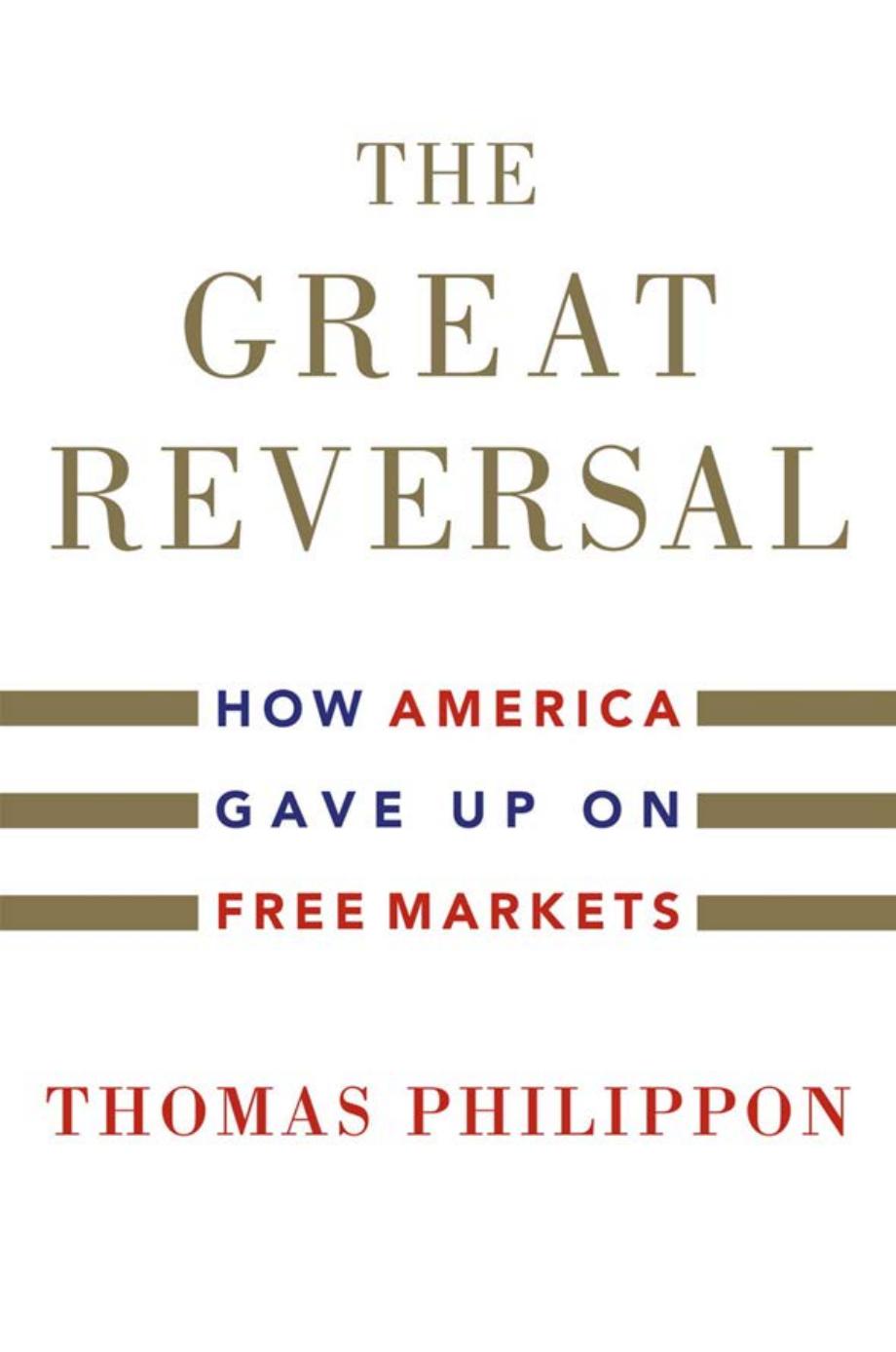The Great Reversal: How America Gave Up on Free Markets by Thomas Philippon

Author:Thomas Philippon
Language: eng
Format: epub, pdf
Tags: Business & Economics, Economic History, Europe, Free Enterprise, Infrastructure, United States
Publisher: Harvard University Press
Published: 2019-11-15T03:00:00+00:00
The Impact of Lobbying
While there may be much that we don’t know about the precise impact of lobbying, the data we’ve been able to assemble tell us two key things for our purposes here.
First of all, lobbying efforts work. Whether it’s a grassroots movement to save a beloved television show or an under-the-radar push to scuttle a new regulation before it ever becomes public, lobbying has a very real impact on public policy.
Second, lobbying expenditures are growing rapidly in the US, and the vast majority are undertaken by the business community, either directly or through trade associations. These groups’ primary aims seem to be to protect (or create) economic rents.
In its January 19, 2019, edition, the Wall Street Journal reported the illuminating example of the fight to outlaw online gambling. Gambling in America is mostly regulated by the states, and until 2011 the view of the Justice Department was that online gambling was prohibited by the federal Wire Act. In 2011, the DoJ changed its mind and decided that the prohibition applied to online sports betting but not to other forms of gambling. Casino magnate and top Republican donor Sheldon Adelson was displeased. In April 2017, his lobbyists drafted a memo arguing that the DoJ’s 2011 decision was wrong. In January 2019, the DoJ made an unusual move: it reversed its opinion. The Wall Street Journal noticed that the statement by the DoJ contained the same legal language and arguments as the 2017 memo written by Adelson’s lobbyists.
The comparison with lobbying in Europe is interesting. There are many similar cases in which lobbyists’ language has made its way into regulations in Europe as well. In fact, in the case of technically complex regulations, this is exactly what one would expect, and it is consistent with the expertise and information-sharing view of lobbying. On balance, however, it seems that lobbying is less prevalent in Europe. This suggests that lobbying may be one potential driver of the decline in competitive pressures in US markets compared to EU markets. An important factor is that legislators in the US depend on wealthy interests for campaign contributions.
This not the end of the story, then. Our next task is to understand how political campaigns are financed.
Download
The Great Reversal: How America Gave Up on Free Markets by Thomas Philippon.pdf
This site does not store any files on its server. We only index and link to content provided by other sites. Please contact the content providers to delete copyright contents if any and email us, we'll remove relevant links or contents immediately.
The Secret History by Donna Tartt(16623)
The Social Justice Warrior Handbook by Lisa De Pasquale(11489)
Thirteen Reasons Why by Jay Asher(7788)
This Is How You Lose Her by Junot Diaz(5772)
Weapons of Math Destruction by Cathy O'Neil(5037)
Zero to One by Peter Thiel(4824)
The Myth of the Strong Leader by Archie Brown(4789)
Promise Me, Dad by Joe Biden(4447)
Beartown by Fredrik Backman(4419)
Stone's Rules by Roger Stone(4415)
How Democracies Die by Steven Levitsky & Daniel Ziblatt(4399)
The Fire Next Time by James Baldwin(4343)
100 Deadly Skills by Clint Emerson(4079)
A Higher Loyalty: Truth, Lies, and Leadership by James Comey(4033)
Rise and Kill First by Ronen Bergman(4012)
The David Icke Guide to the Global Conspiracy (and how to end it) by David Icke(3882)
The Farm by Tom Rob Smith(3872)
Secrecy World by Jake Bernstein(3782)
The Doomsday Machine by Daniel Ellsberg(3731)
